Don’t be surprised by medical bills — by federal law, patients who do not have insurance or are not using insurance are entitled to an estimate of expected charges during an appointment. Defined by the No Surprises Act — which took effect Jan. 1, 2022 — healthcare providers must provide what is known as a “Good Faith Estimate,” which details charges for items provided by or procedures performed by providers. This can include the following:
- Tests, screenings, and exams
- Equipment used during an appointment
- Prescription drug costs
- Hospital fees
Your good faith estimate must include a detailed list of specific items and services along with specific corresponding charges and healthcare codes. Providers are required to explain good faith estimates in person or via phone, depending on your preference, and must also send a written follow-up to your preferred method of communication (paper or digital). Good faith estimates must be delivered in an accessible manner; e.g., if you are hearing impaired, the estimate must be provided in a text format.
If you schedule a medical service at least three days before receiving that service, your provider must give a good faith estimate no later than one business day after the scheduling date. If the service has been scheduled at least 10 days prior to that service, your provider must give a good faith estimate no later than three business days after scheduling or request for the estimate.
After receiving your good faith estimate, store it in a safe location so you can compare it with bills received afterward. If the billed amount is more than $400, you may be eligible to dispute the bill.
For more information about your good faith estimate, visit the Centers for Medicare & Medicaid Services or call 1-800-985-3059.







